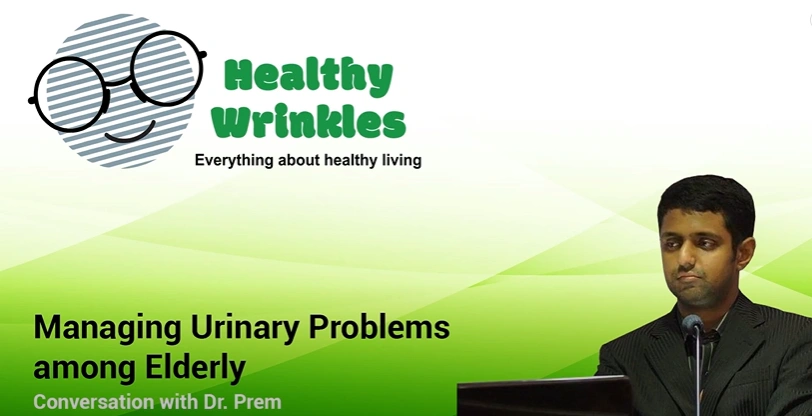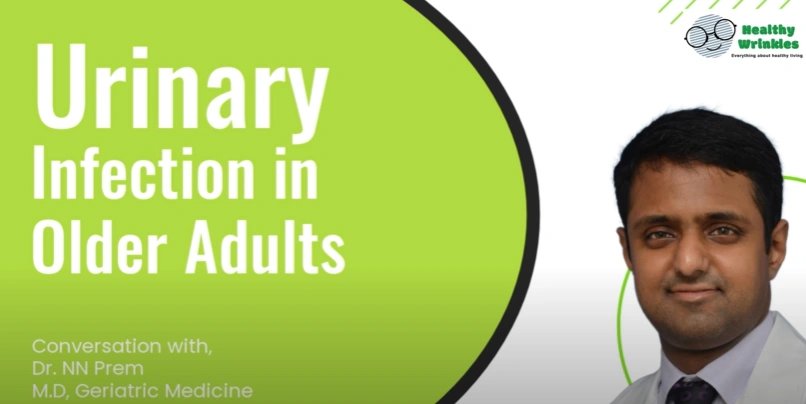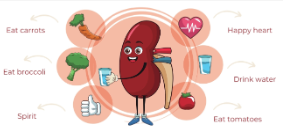All you need to know about kidney stones in seniors
One in every ten seniors will develop kidney stones, which can cause severe pain and kidney infection. They're extremely painful, which is why caregivers should assist their elderly loved ones in avoiding kidney stones. Fortunately, following the advice below makes it relatively simple to avoid kidney stones.
A kidney stone symptoms include severe pain in the flank, just below the rib cage and above the waist, and usually on only one side of the back. The pain may radiate to the lower abdomen, groin, and genital region. Other symptoms include hematuria (blood in the urine), painful or frequent urination (dysuria), nausea, and vomiting.
What causes kidney stones?
Urine contains water, salts, minerals, and other substances. The most common cause is a lack of water. Some people are predisposed to kidney stones due to a medical condition such as gout. They could also be an inherited condition.
How are they identified?
Kidney stones can be diagnosed if you visit your doctor or go to the emergency room with stomach or side pain. Your doctor will examine you and ask you questions about your symptoms. Kidney function test and imaging tests, such as a CT scan or ultrasound, may be performed to examine your kidneys and urinary tract.
How do kidney stones get treated?
For most kidney stones treatment, your doctor will advise you to take pain relievers and drink plenty of water at home. You might be able to get medicine to help the stone pass. If the stone is too large to pass, you may require additional treatment, such as one that uses shock waves to break it up into small pieces.
Prevention
Two-thirds of patients who have had one kidney stone are at risk of having another one in the future. While there is no guarantee that stones will not form (heredity does play a role), you can reduce your risk by changing your diet. Here are some actions you can take.
-
Increase your fluid intake to 2-3 liters per day, depending on your activity level and perspiration rate. Water is the best option, but citrus drinks like lemonade and orange juice have also been shown to be beneficial.
-
Limit your daily salt/sodium intake to no more than 2,300 milligrams(1/3 tsp). Sodium causes the kidneys to excrete more calcium, increasing the risk of kidney stones. Reading food labels can help you keep track of your sodium intake.
-
Adjust calcium supplementation, which can affect calcium oxalate stone formation. Calcium from food does not cause stones, but some studies have shown that supplements, if not taken with meals, can affect the formation of certain stones. If you have a history of calcium oxalate stones, your doctor can advise you on the best calcium levels for you.
-
Limit your daily intake of animal protein to no more than six ounces(170gm). Meats and other animal proteins, such as eggs and fish, contain purines, which can promote the formation of uric acid stones. Reducing your meat consumption can lower your risk of uric acid stones, especially if you already have them.
-
Foods high in oxalate should be avoided. People who are predisposed to calcium oxalate stones should avoid oxalate-rich foods such as beets, spinach, many types of berries, sweet potatoes, soy, nuts, chocolate, brewed tea, and colas.
For more personalized advice, speak with a dietician. If you are prone to kidney stones, a dietician who specializes in kidney stone prevention may be able to help you identify foods to limit or avoid.
Disclaimer: Healthy Wrinkles does not recommend or offer any medical diagnosis, treatment, or advice. The information provided here is only for the awareness of disease or ailment among individuals, caregivers, and the public. The advice of doctors, licensed professionals, or therapists who are knowledgeable about your particular situation should always be sought before using the information provided here. It should also not be used in the event of a medical emergency or for the diagnosis or treatment of any medical condition. If you want urgent assistance, contact a qualified medical professional. Additionally, the information represents the author's views and not those of Healthy Wrinkles.




